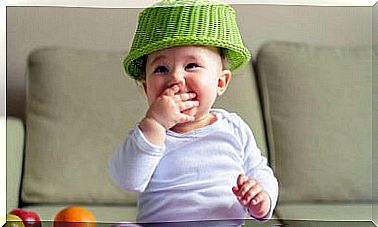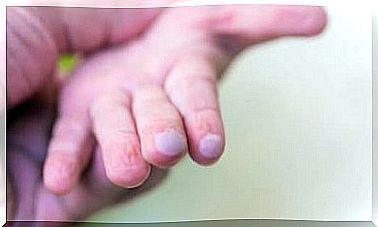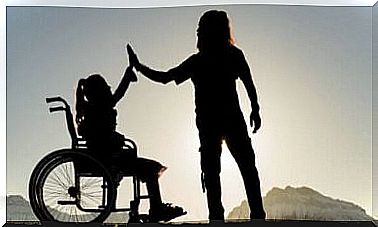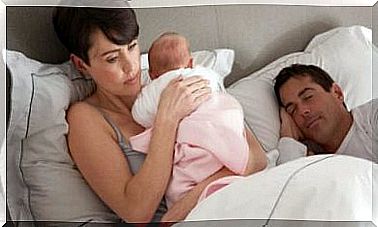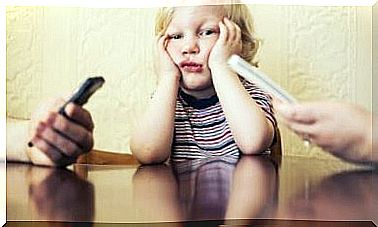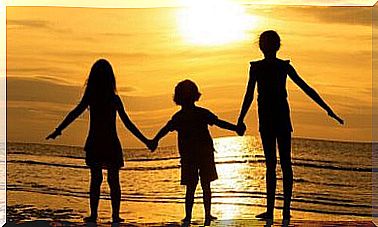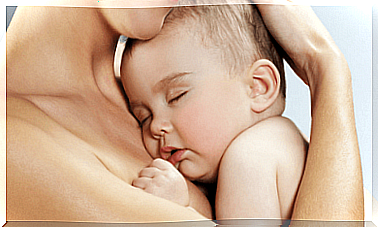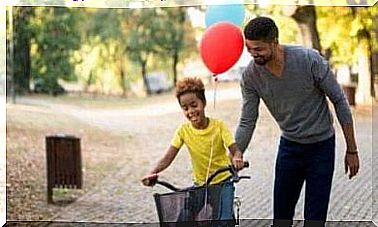“Little Teens ” In 6-year-old Children
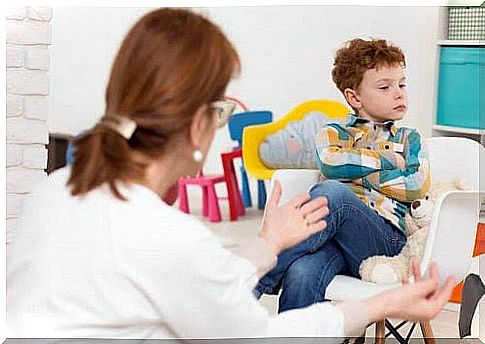
The “little teens” are usually called the defiant age that begins when a child is around 6 years old. It is characterized by changes in the child’s behavior that can make the parents anxious. Do you want to know more? Read on.
We all know that many children in their teens go through a crisis (or more), which can be observed through changes in their behavior. But it has also been proven that 6-year-olds in many cases suffer from the so-called “little teens”.
How do you recognize this crisis? Among children around the age of 6, it is common to see changes in their behavior. Quarrels and conflicts can occur at home and this can happen day after day.
In the face of a situation like this, it is important for the parents to be patient, loving and stand up for themselves.
Behavior changes: 6-year-old defiance or “little teens”
When we begin to see these behavioral changes in our 6-year-old child, we as parents have a tendency to react with uncertainty. We do not understand how such a small child already has these behavioral problems. This often leads to frustration and tension because the child does not behave as he or she should or used to do.
If you notice that your 6-year-old is starting to behave like a little teenager, do not worry. Many experts call this 6-year-old defiance the little teens.
This is perfectly normal. This is how the child can change and develop. At this age, a child is ready to begin to shape their own identity and personality. That is why this crisis is taking place.
How little teens turn out
They do not recognize your authority even though they did in the past
The child may begin to question and oppose everything the parents say.
They do not reflect
The child begins to behave impulsively and does not take into account the consequences of his actions. It does what it feels like doing, and when it wants to do it. The child does not think of anyone or anything else.
Emotional instability
They cry one minute and then they start laughing the next. They go from one extreme to another very easily. They are more sensitive and sometimes their reactions can be completely out of proportion to the situation.
Challenging attitudes
They can show challenging attitudes in an attempt to get their will through so they can do what they want.
Difficulty making decisions
If they have to choose something or make a decision, it may seem that they can not do it and do not know what to do.
They are more active
They become very active and dynamic, and show great curiosity and interest in everything around them. They constantly want to discover new things and activities.
This stage is very difficult for children. They feel helpless, vulnerable and anxious, because they have to deal with shaping their new identity and because of this assume a new role than the one they had.
For that reason, it is important that they feel understood. We as parents must give them security, trust and affection during the “little teens.”
Things that make little teens worse
Although it is common for the crisis to occur at the age of 6, it is not true for all children. Some even skip it. Even if they go through it, it may not have the same intensity. So we must not forget that all children are unique. Everyone has qualities that make them their own person.
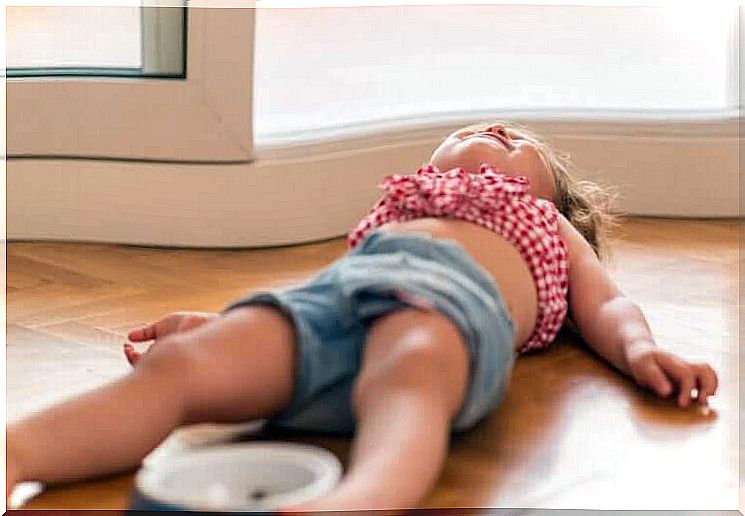
Finally, here are some reasons why the so-called little teens may occur or may be worse than in other children:
- In the family: If there is stress and anxiety in the family. A feeling of insecurity, lack of time with their parents or an overly permissive or authoritarian parenting.
- In the child: If the child already has a strong temperament, low self-esteem or self-confidence, feels insecure, is impulsive or has certain difficulties in his development.
- With friends: If the child feels excluded or excluded from his group of friends or peers or if the child has problematic friendships.
- At school: The child has difficulty adapting to the school environment. He or she does poorly in school and has learning difficulties. This crisis usually occurs when children go from being young children to starting school. This change can also contribute to the problem if they do not adapt properly.
- The relationship between the school and the parents: When there is no contact between the child’s parents and the school, and when the parents do not know who their friends are or know the friends’ parents.
Do not shout or quarrel
During this period, it is sometimes difficult to stay calm and handle the situation without raising your voice, especially when the child can really become unbearable. But if we start shouting at our children, it will only create and aggravate the tension. In the end, it leads nowhere.
The most important thing here is to be patient. If your child becomes too defiant, make sure he or she knows what the rules are, and be clear that you expect them to be followed.
Little teens can be a challenge for parents, but with love, affection and patience, the phase will eventually pass.

